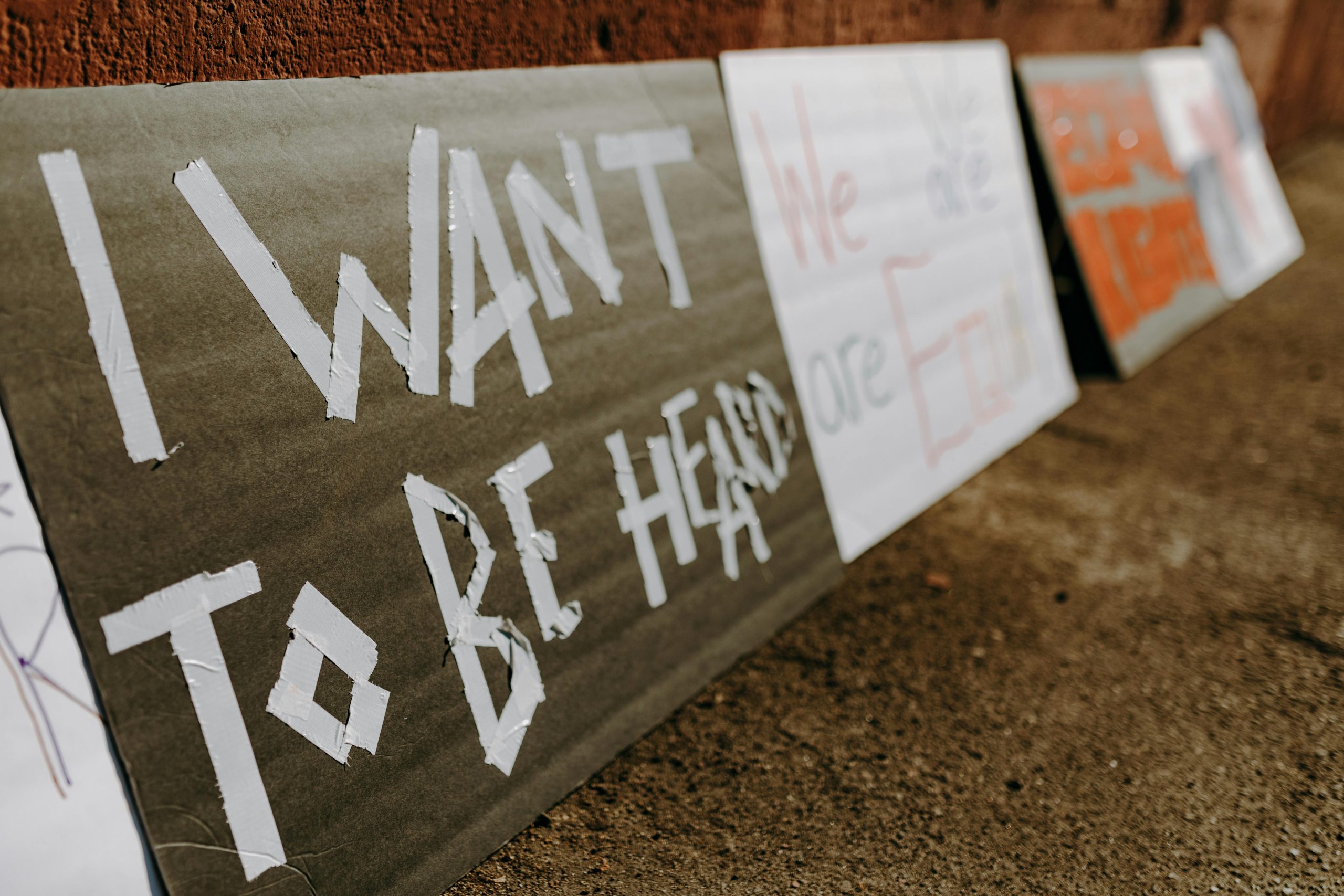Embracing Change: The Power of Doubt and the Fluidity of Knowledge
In a world increasingly fixated on certainty and definitive answers, the idea that change is possible hinges on a fundamental truth: nothing is truly fixed. The capacity for growth—and the foundation of meaningful progress—relies on our willingness to accept uncertainty as an essential aspect of intellectual development.
At its core, higher education exemplifies this principle by not only tolerating ambiguity but actively fostering it. Within the sciences, this approach is epitomized by Karl Popper’s philosophy: theories should always be subject to falsification, and scientific advancement emerges not from confirming what we believe but from challenging and disproving it. Conversely, in the humanities and philosophy, thinkers like Socrates remind us that true wisdom begins with acknowledging our limitations. His famous declaration, “I know that I know nothing,” underscores an attitude of relentless questioning and humility—an openness to revising beliefs in light of new evidence.
This culture of epistemic humility—an acknowledgment of the boundaries of our knowledge—is vital in an era where public discourse often favors certainty over inquiry. Yet, the most radical promise of embracing doubt is that it is not a form of stagnation but a catalyst for progress. Doubt fuels scientific discovery, enhances personal growth, and strengthens democratic processes. To truly engage with others, to listen, adapt, and collaborate, we must first admit that we do not hold all the answers.
Defending doubt involves resisting the temptation to cling to moral or ideological certainties, even within our own communities. It champions an ongoing, messy process of learning—both individually and collectively. Cultivating a culture that values questioning over complacency is essential for a vibrant, resilient society—one that recognizes that progress is born out of uncertainty, not its absence.
In a time of widespread claims to certainty, the true resistance lies in appreciating the fluid, dynamic nature of knowledge—and in embracing doubt as our greatest tool for growth.
